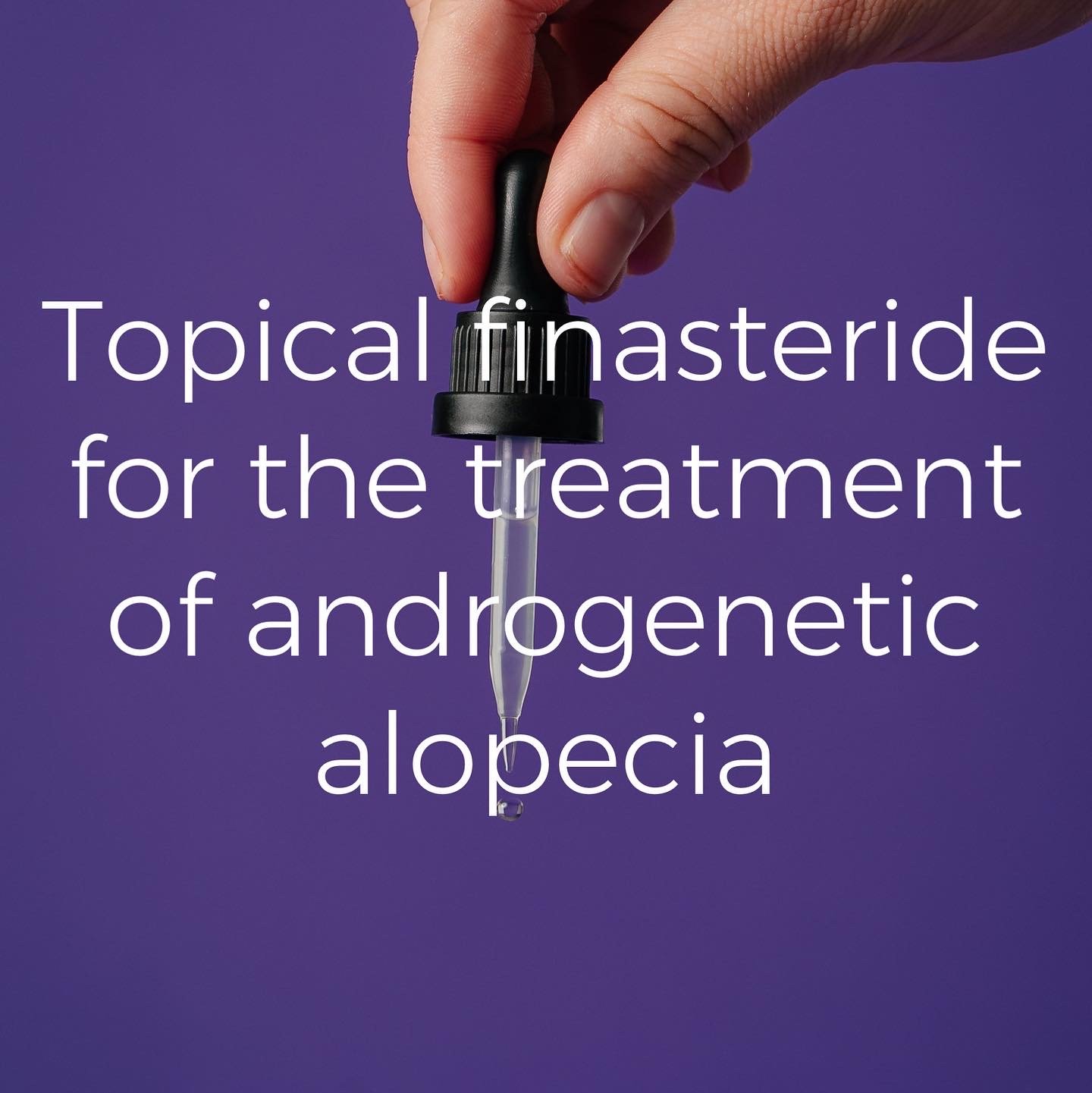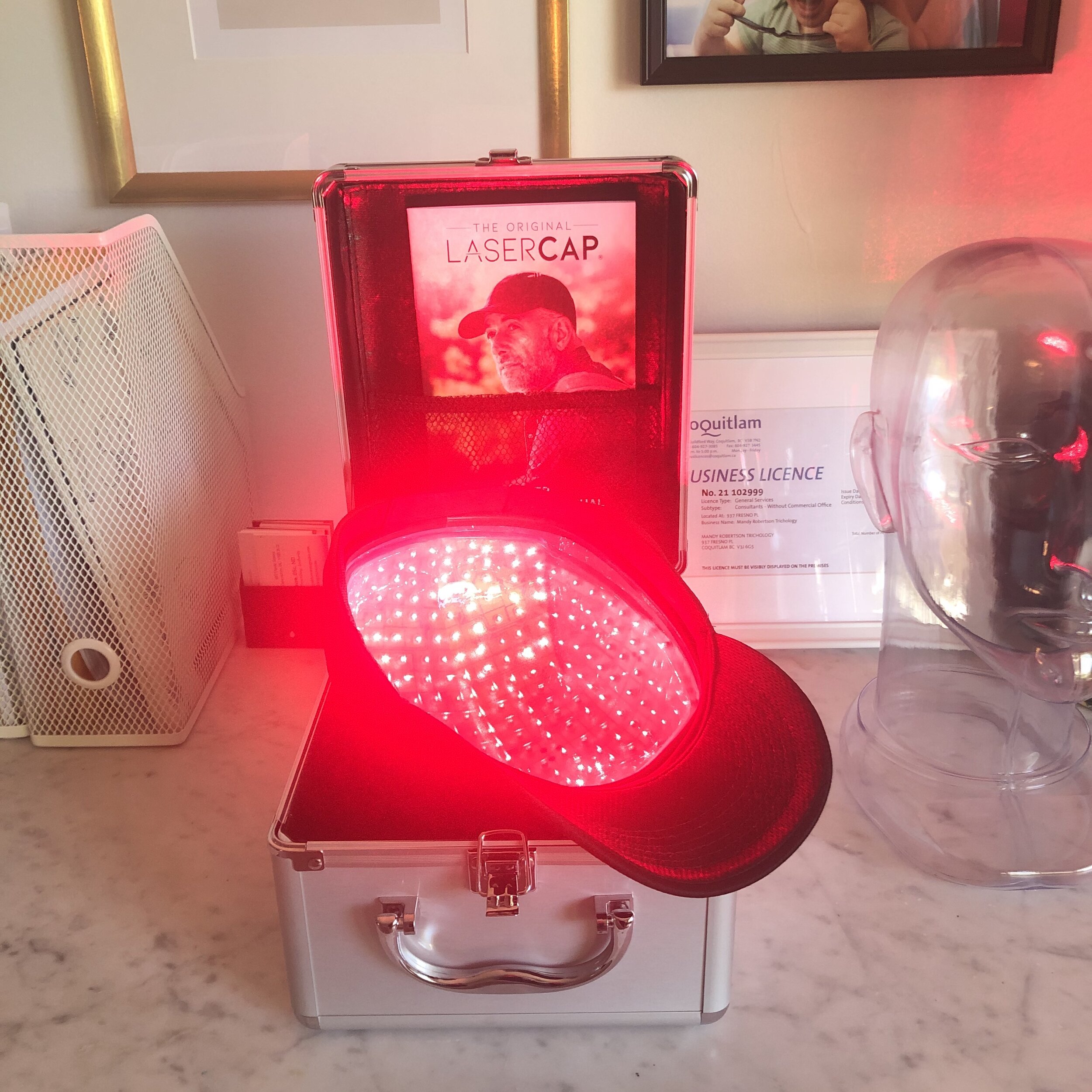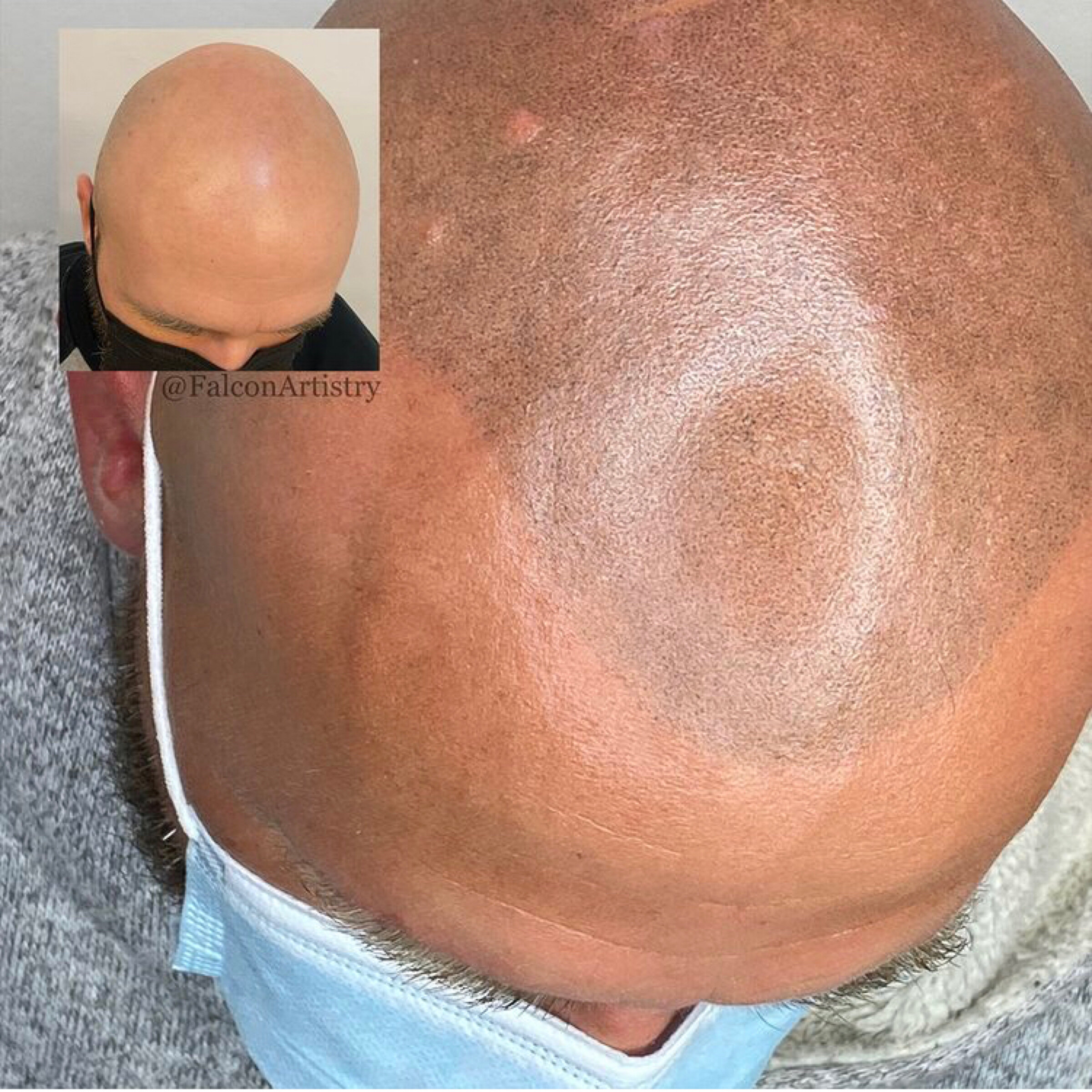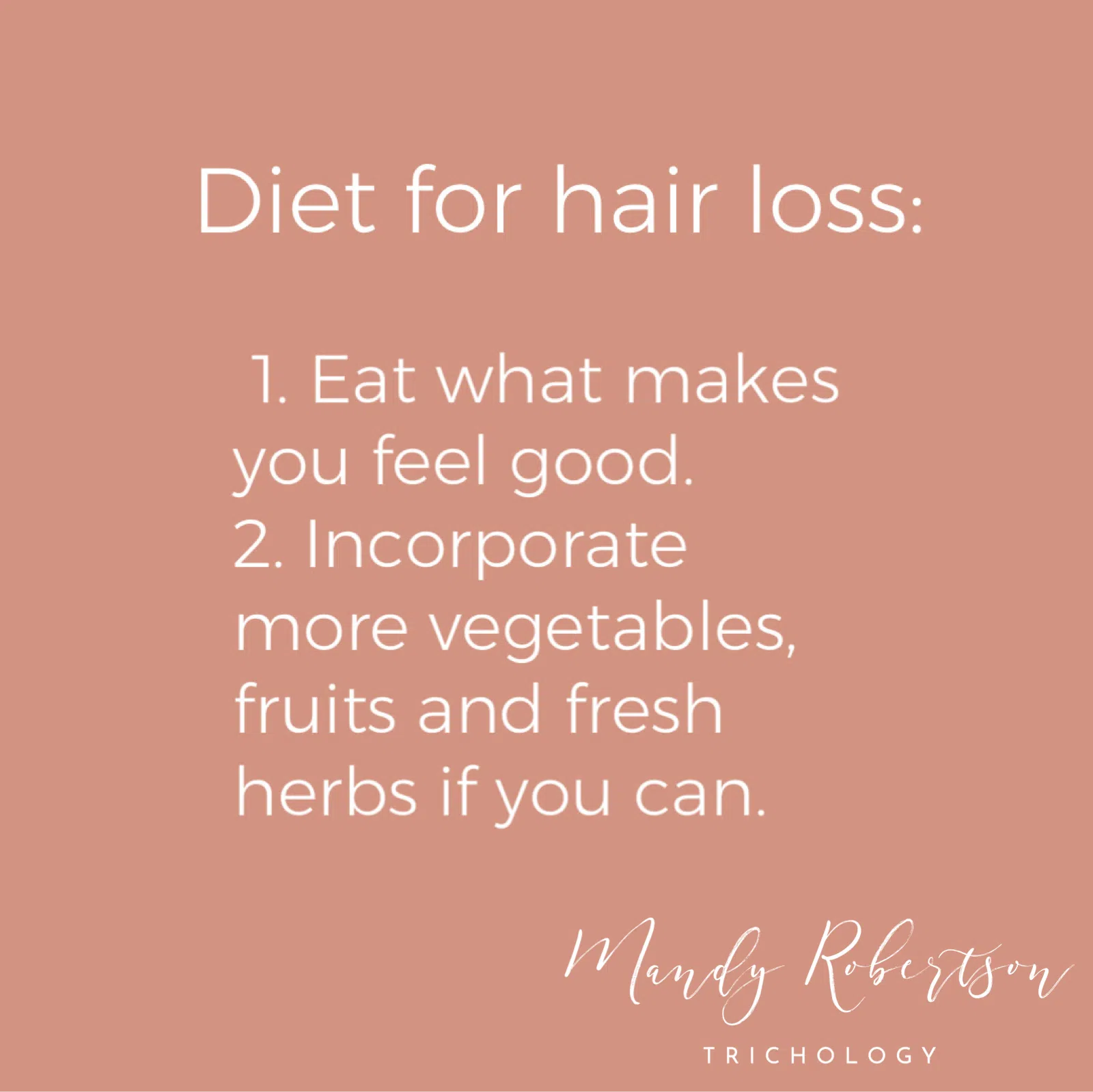What is trichology? What does a trichologist do? How can a trichologist help me? I get asked these questions often, so I thought I’d break it down for anyone who’s interested.
Simply put, trichology is the scientific study of the hair and scalp. It also includes the study of disorders and problems associated with the hair and scalp, as well as their treatments. Trichologists are specialists who work in this field, and who assess their clients holistically in order to diagnose and treat their hair loss and/or scalp issue(s). Trichologists can help with a variety of issues such as genetic hair loss, patchy hair loss, diffuse hair loss, hair shaft disorders, hair pulling, seborrheic dermatitis (dandruff) and scalp psoriasis. In order to diagnose a client’s specific type of hair or scalp issue(s), trichologists can examine the hair and scalp under a microscope, review pertinent medical and lifestyle information, and listen to the client’s story about their hair loss history. Depending on the client’s diagnosis, trichologists may recommend treatments such as topical lotions/serums, vitamin therapy, dietary and lifestyle changes, low-level-laser-therapy, carboxytherapy, prp, etc. Many trichologists also partner with alternative health professionals or medical doctors if a treatment is out of their scope of expertise, or if a prescription is required. They may also suggest that a patient request specific blood tests from their doctor to rule out any underlying medical issues that could be contributing to their hair loss.
Dealing with hair loss can be extremely overwhelming and the world of hair loss treatments is mind-boggling. Everyone (and their wig) is trying to capitalize on the recent buzz around the topic of hair loss by entering the hair loss solution market. Often, they have little or no understanding of the biology of the hair and scalp, or the mechanisms at play in any given hair or scalp issue. Trichologists can help demystify the world of hair loss for their clients, provide reputable, unbiased information, debunk hair myths, and support and guide them through their journey, hopefully with fewer bumps along the way.









One Response
May I simply say what a comfort to discover someone that really knows what they are talking about on the internet. You actually realize how to bring an issue to light and make it important. More people must look at this and understand this side of the story. I cant believe you are not more popular since you surely have the gift.